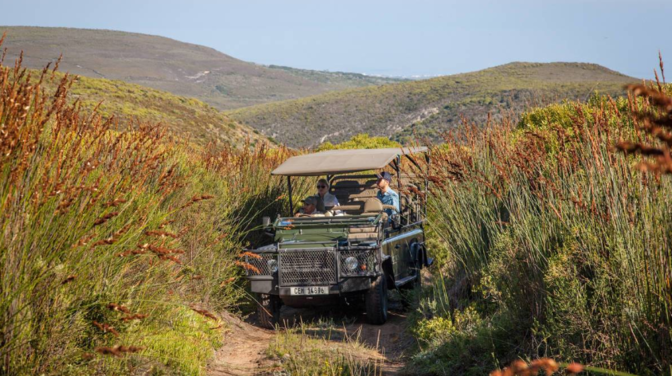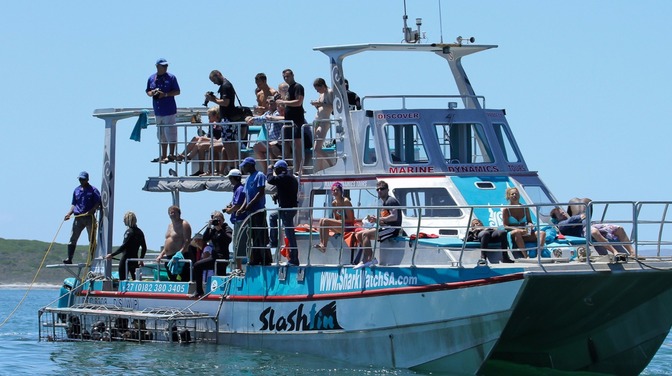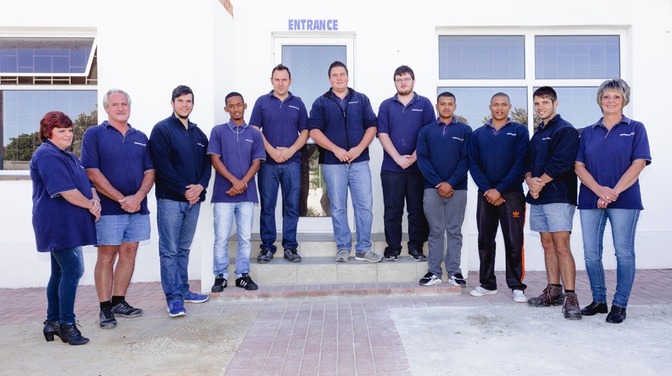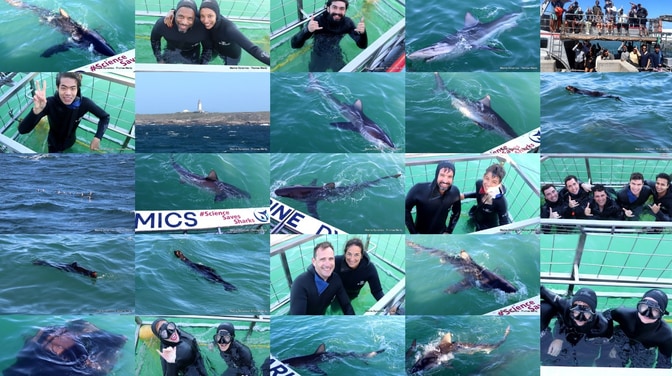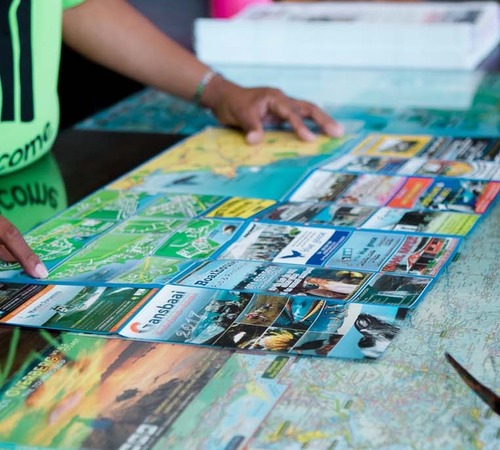Tips and Information on the Protection of Sharks and the Marine Eco-System
Many species of Shark need protection and although the protection and legislation that goes with it might prevent further hunting of that species, it does not necessarily guarantee the survival of that species. We need to better understand the difficulties that Sharks face to ultimately help in the true protection of these diverse and magnificent marine animals.
Let’s look at the Great White Shark
The Great White Shark female takes approximately 15 years to reach sexual maturity and the male about 8 years. At these ages, the female will be around 5m long and the male 4m. Great Whites are ovoviviparous, which means eggs develop in the uterus and that they mate to fertilize the eggs, unlike other fish. Great Whites give birth to live young and females are able to give birth to several litters during a lifetime. The litters are relatively small, producing between 7 and 11 pups and gestation takes approximately 11 months. Having a look at other species, you can also find the Whale Shark that has litters consisting of almost 300 pups, on the other side of the spectrum, you might find the Sandbar Shark which is believed to take almost 30 years to reach sexual maturity. Thus, taking into account the fact that Great White Sharks reproduce slowly, their numbers are being diminished quicker than they can ‘replenish’ their population numbers.
Another big problem for the Great White Shark is Habitat Degradation/ Destruction. Human kind’s constant strife to go bigger and better, not excluding the fact that more than half of the earth’s population lives about 100km from the ocean, is creating serious unknown dangers for our Shark populations.
The majority of Shark species utilise shore zones for breeding or nursing at some stage of their lives. This never used to be a problem, but recently our continual altering of these areas is putting these animals at risk. The expanding and development of harbours, piers and sewerage and industrial outlet systems are encroaching on their natural habitat. The decreasing of their habitat and/or nursing grounds force the Sharks to venture out to more dangerous areas that put their young at risk. All of this adds to the dangers that Sharks face, which can be prevented.
So the question remains, How can I Help Save The Sharks?
Be an aware and informed consumer.
Always know what you are buying. Shark meat is often relabelled as Rock Salmon, Pollock or White Fish. Besides being ecologically irresponsible, it is also very harmful to your health. Sharks accumulate various toxins from their prey and their meat, including the fins, contains large amounts of mercury. Thus the consuming of even small amounts of Shark meat can lead to Mercury poisoning.
Also, be wary of shark ingredients. These are not always labelled correctly, like chondroitin which can be made from Shark cartilage. Furthermore, do not support shops that sell any Shark products such as Shark jaws, teeth, meat and/or leather. For the ladies, also watch out for beauty products that contain squalene which is made from the liver oil of Sharks.
Don’t Support The Shark Fin Soup Trade
Shark Fin Soup is considered a delicacy in Asia, Australia and Hawaii and is responsible for the slaughter of millions of Sharks every year. Despite the efforts of awareness campaigns and conservation measures, the industry continues as the demand for the dish remains high, especially in Asia. And although we cannot stop the trade, we do have the choice to not support restaurants that have Shark Fin Soup on their menus.
Develop A Voice
The best way to help protect Sharks is to become an advocate for them. Blog, write articles and above all educate. Educate your friends and family about Sharks and all their interesting characteristics. Also, try to appeal to media outlets to help dispel the myths and negative connotation that everyone has about Sharks. A good idea is also not to support media outlets that demonize Sharks.
Join the Shark Community
There are many organisations and foundation that are actively involved in the protection and/or conservation of Sharks. These programmes can always use more help whether in the form of volunteering work, research or financial aid.
Our very own Non Profit Organisations and Shark Cage Diving Operators in Gansbaai can also be contacted for more information on how to get involved in the protection of Sharks.
Dyer Island Conservation Trust in collaboration with Marine Dynamics invested more than 2 years in a research project to study the Shark population of Gansbaai. Have a look at the (J)awesome infographic to see what they have discovered:
Research Conducted by Marine Dynamics a Shark Cage Diving Operator in Gansbaai South Africa

